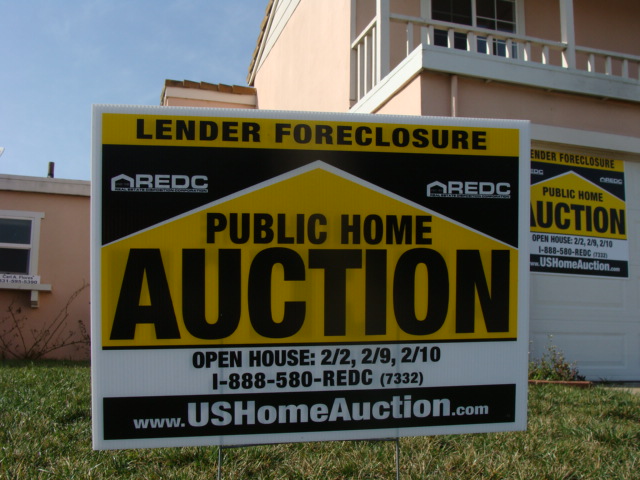Private equity funds moved aggressively into housing in the aftermath of the mortgage crisis. Now, some investors are seeking to make sure their impact is positive.
This week, the Returns on Investment podcast roundtable lays out the impact opportunity in rental housing and home ownership as private equity firms have emerged as as the largest landlords in the country. A quarter of all renters spend more than 50 percent of their income on housing.
“What we’re seeing is the second, third, or fourth-wave effects” of the mortgage crisis, explains David Bank, editor of Impact Alpha. “Foreclosure and eviction rates for some of these firms are much higher than the average. It’s time to really look at what the impacts are for homeowners and renters.”
Private equity firms such as Blackstone have become big players in the housing market, with mixed results. UK-based Bridges Ventures is expanding its urban revitalization and social impact strategy to the US with a $25 million “UrbanView” fund; it has already acquired a mixed-income residential building in Atlanta. Canyon Partners Real Estate in Los Angeles, along with CIT Bank, will invest $90 million in workforce housing across Southern California.
Listen to the latest Returns on Investment podcasts
The public pension funds that are some of the major investors in private-equity have an interest in stable communities and affordable housing, because their members – teachers, firefighters, steel and auto workers and public employees – are hardest hit by the housing crisis. And there may be evidence that shows that “doing the right thing” is better economics.
“You can do this in a way that you’re doing it right,” says Imogen Rose-Smith, senior writer for Institutional Investor magazine, “You can produce above market returns, and have a community and a civic responsibility that in the long term results in a better investment, because you’re not sucking all of the capital out of the community.”
Morgan Stanley and others have made the case that integrating health care, child care and other services in housing developments helps keep their rental payment and real estate values up, because residents can taken care of their basic needs. Some of the new funds, David says, “are trying to stabilize housing prices so that people aren’t spending half their income on housing, because that prevents them from falling behind on their rent.”
Listen to the latest Returns on Investment podcasts
“There are many flavors of private equity, there’s folks who are holding [houses] and waiting for the markets to rebound and then selling them,” David says. “There are folks milking them for current rental income and sometimes letting maintenance degrade.”
If the impact community wants to create a more equitable housing market, then they need to play with the big dogs. That means leveraging institutional capital in the marketplace, a new role for foundations and asset managers, Imogen says.
Subscribe to Returns on Investment on iTunes, Stitcher, or SoundCloud.











